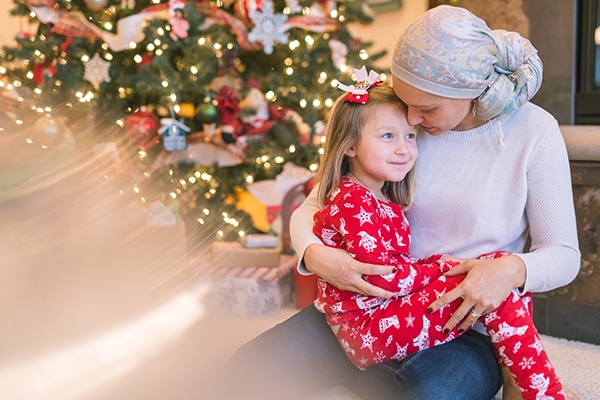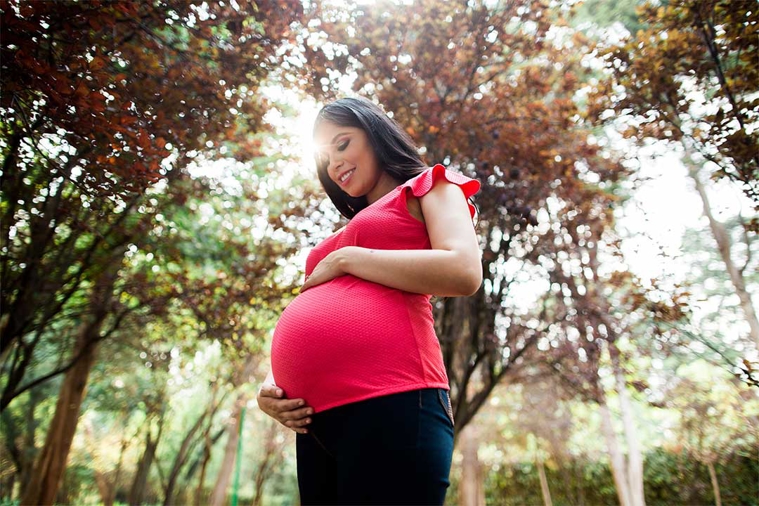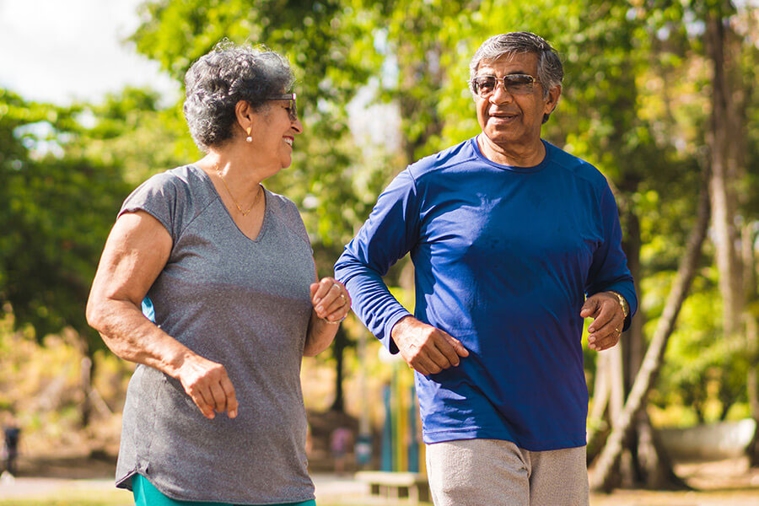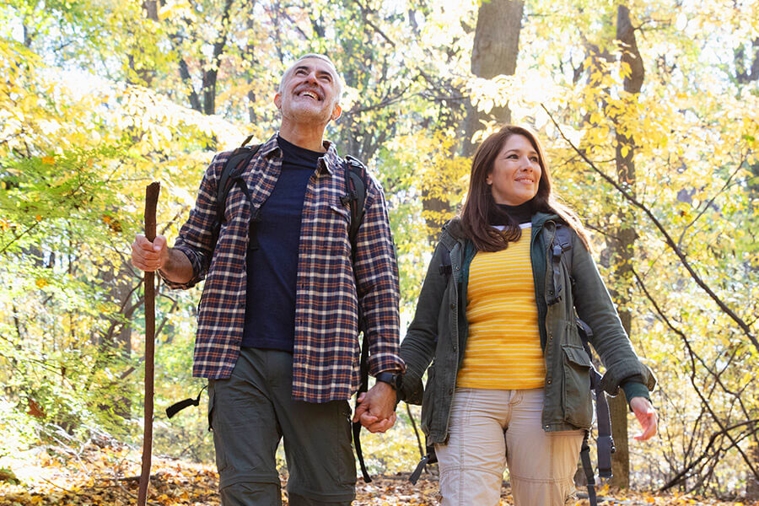
Coping With Cancer During the Holidays
Cancer can make the holidays look a little different than what you might be used to. That doesn't mean you can't still have a meaningful celebration.
Cancer-related side effects like fatigue, loss of appetite and a weakened immune system can make it harder to partake in some seasonal activities. Instead of sitting on the sidelines, find ways to modify your holiday plans to make them work for you. Some ideas to consider:
Simplify your celebrations. You might not have the energy to do it all this year. Resist the urge to cram your calendar. Instead, set a slower pace. Focus on one or two traditions that mean the most to you, and set time aside each day to get some rest.
Lighten the workload. You don't have to do everything yourself. Ask family members to handle the decorations, and order your gifts online instead of braving crowded stores. Rather than cooking a big holiday meal, invite loved ones over for a potluck or ask someone else to host dinner this time.
Guard against germs. Treatments like chemotherapy and radiation can weaken your immune system and make you more susceptible to bacteria or viruses. Take care to avoid contact with anyone who might be sick at holiday gatherings, and avoid sharing plates, cups or utensils. If you'll be around large crowds, consider wearing a mask for extra protection.
Listen to your appetite. There's no rule that says you have to eat the usual holiday favorites. If you're dealing with nausea, try a brothy soup instead of a full meal. If you suspect that a spicy pumpkin pie might irritate sores in your mouth, treat yourself to a creamy rice pudding. And if warm or hot foods smell too strong or irritate your mouth, enjoy them cold or at room temperature.
Travel safely. If you're headed out of town, bring a list of your prescription medications and dosages plus essential health records, including your current and past cancer treatments, a copy of your latest EKG, and notes from your latest doctor's visit. If you have an implantable device like a chemo port, keep the manufacturer's card handy too. It has important information for health care providers—and can help you get through airport security.
Another thing to keep in mind: Sitting for extended periods can increase the risk for blood clots, especially in people with cancer. Get your blood flowing by standing frequently during a long flight or taking rest stops on the road. You can also extend your legs straight out and flex your ankles while sitting.
Stick with your healthy habits. Try not to let your usual routine fall by the wayside. Eating healthy meals and snacks, exercising regularly, staying hydrated, and getting enough sleep can all help you feel your best.
Talk with your health care providers. They can offer more strategies to help you manage uncomfortable side effects, whether you're traveling or staying close to home. They can also help you weigh the risks and benefits of taking a short break from your cancer treatments if your schedule conflicts with your holiday plans.
Sources: American Cancer Society; American Society of Clinical Oncology; CancerCare; Centers for Disease Control and Prevention



